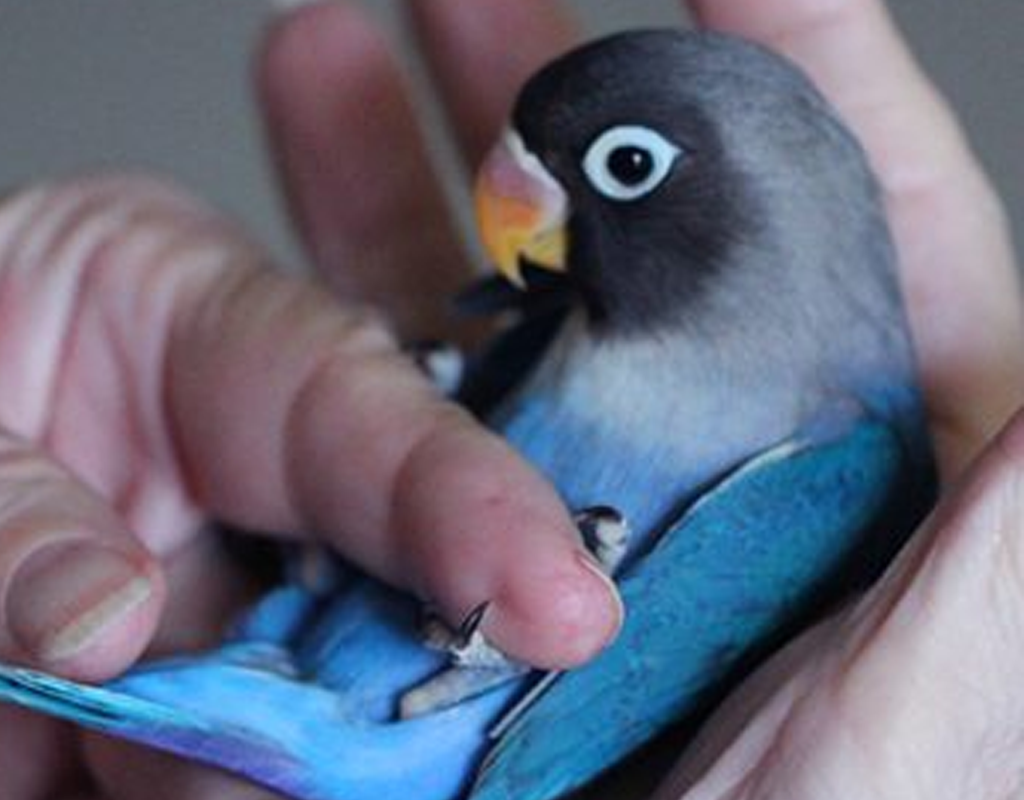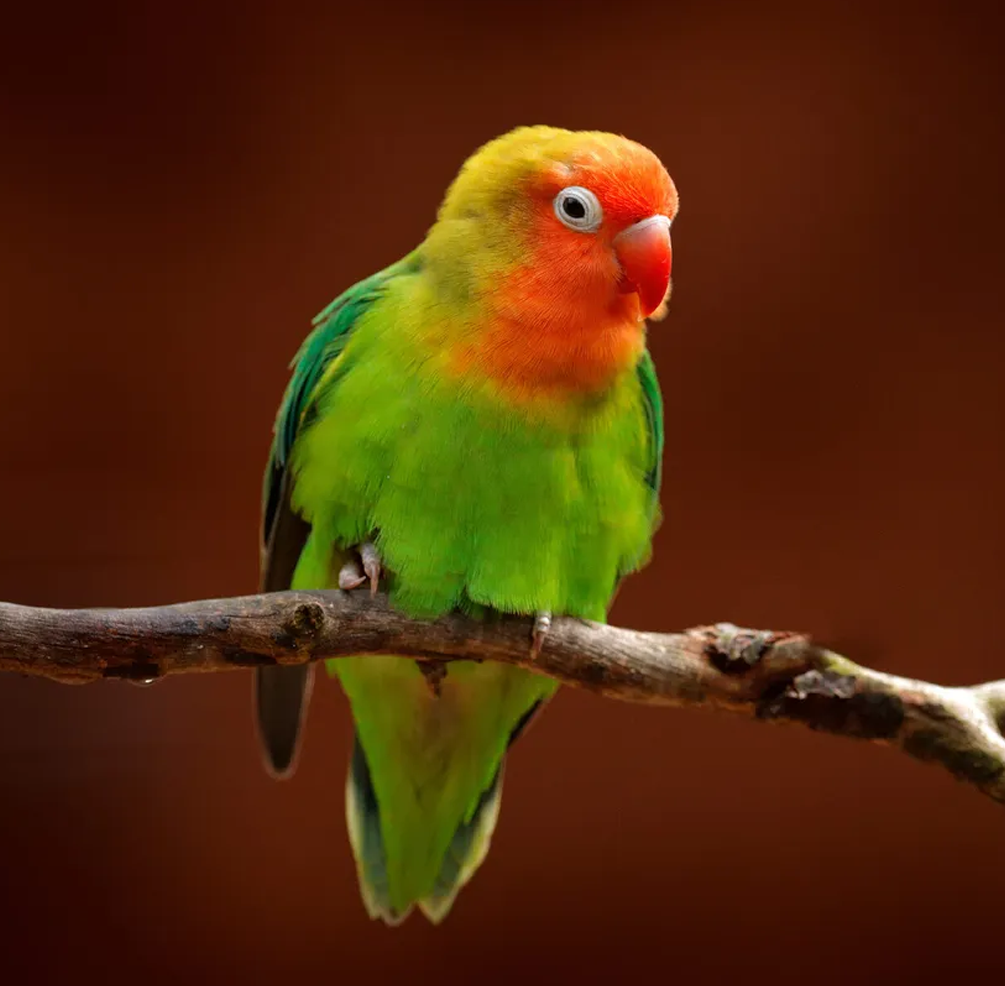Introduction
Lovebirds are known for their affectionate nature and strong social bonds. In the wild, they live in flocks, which provide them with constant interaction and companionship. However, when kept as pets, a lovebird that is alone can experience significant loneliness, which may affect its overall well-being.
Signs of Loneliness in Lovebirds
- Excessive Vocalization: Lovebirds may call out frequently or loudly, trying to get attention or communicate their distress.
- Feather Plucking: A lonely lovebird might start plucking its feathers, which can lead to self-mutilation.
- Lethargy: If your lovebird becomes unusually quiet, disinterested in playing, or spends more time alone, it might be feeling lonely.
- Loss of Appetite: A decrease in food intake or disinterest in eating can be a sign of loneliness or stress.
- Destructive Behavior: Chewing on cage bars or toys excessively can be a sign of boredom or frustration due to isolation.
Health Risks of Loneliness
- Psychological Stress: Loneliness can lead to stress and anxiety, affecting your lovebird’s mental health.
- Weakened Immune System: Prolonged stress can weaken the immune system, making the bird more susceptible to diseases.
- Behavioral Problems: Loneliness can result in aggressive behavior or self-destructive actions.
- Reduced Lifespan: Long-term isolation can contribute to a shorter lifespan due to its negative effects on health.
Preventative Measures
- Provide Companionship: Consider getting another lovebird or a companion bird to reduce feelings of loneliness.
- Interactive Toys: Offer a variety of toys that stimulate your lovebird mentally and physically.
- Daily Interaction: Spend quality time with your lovebird daily, engaging in activities like talking, training, or playing.
- Background Noise: Keep the radio or TV on to provide some background noise and mimic a more lively environment.
- Enrichment: Ensure the cage has plenty of perches, swings, and climbing opportunities to keep your lovebird active and engaged.
Conclusion
Addressing loneliness in lovebirds is crucial for their mental and physical health. By recognizing the signs and implementing preventative measures, you can ensure your lovebird leads a happy, healthy life.
Share this content:




